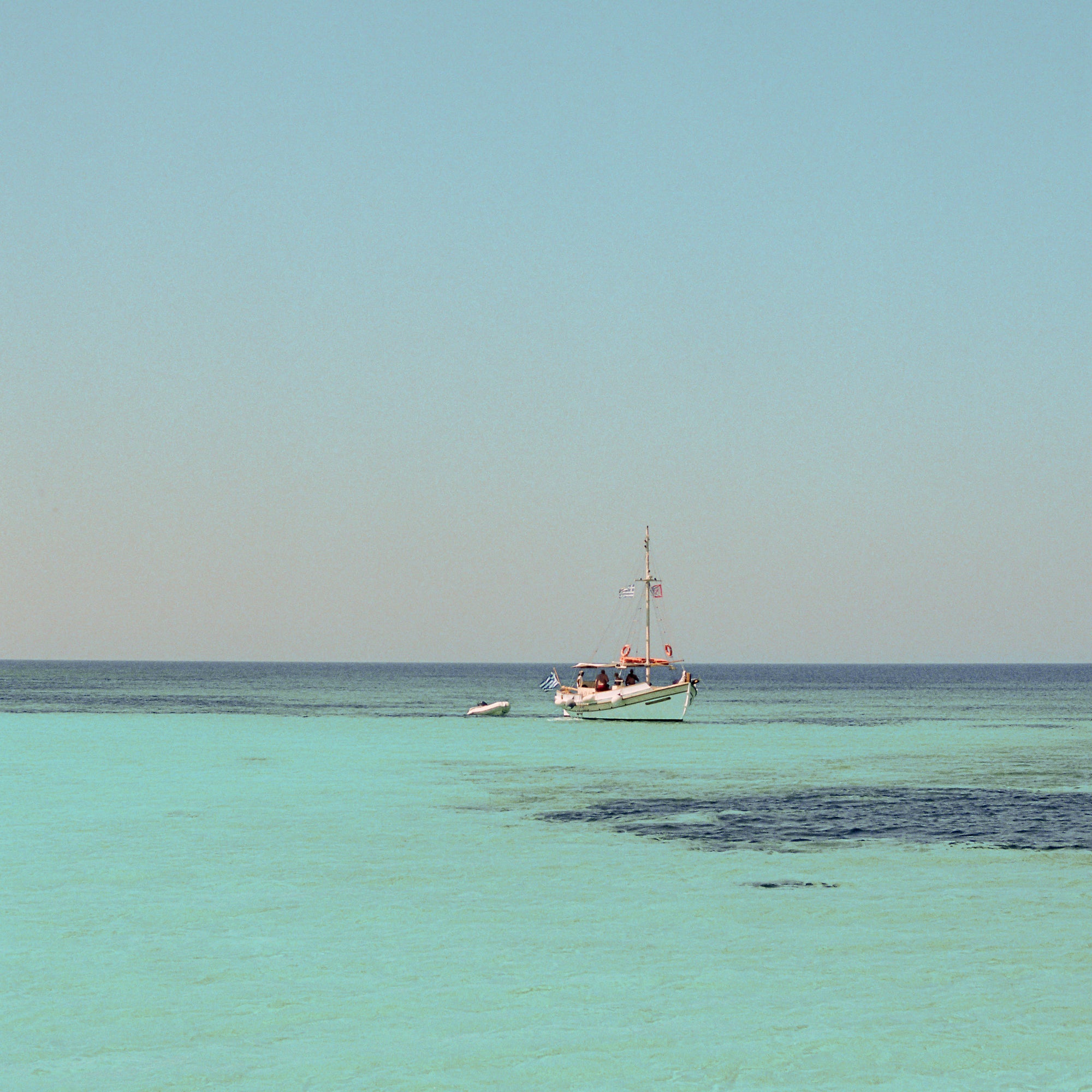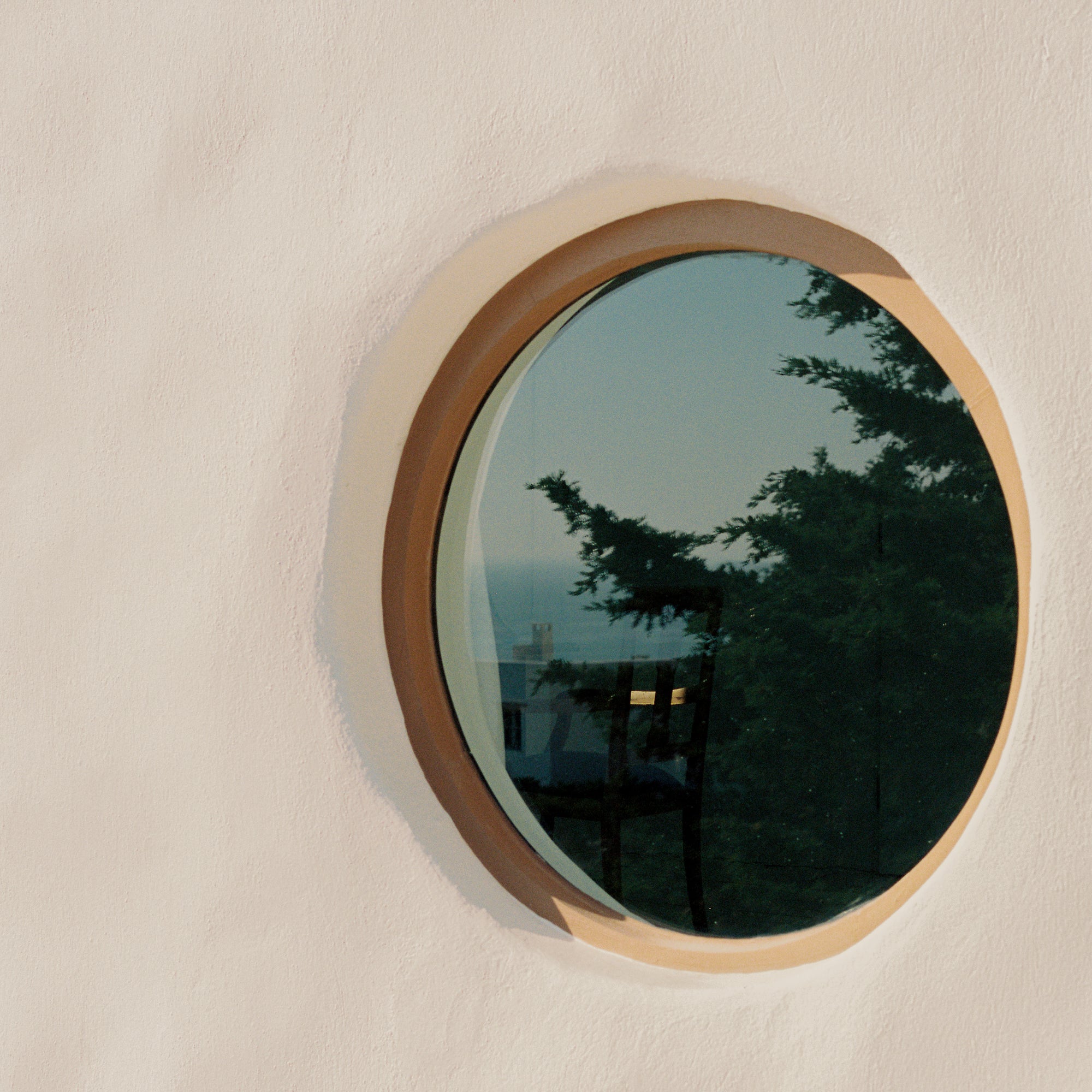When I was in the islands nearly a generation ago, I was acquainted with a young American couple who had among their belongings an attractive little son of the age of seven—attractive but not practicably companionable with me, because he knew no English. He had played from his birth with the little Kanakas on his father's plantation, and had preferred their language and would learn no other. The family removed to America a month after I arrived in the islands, and straightway the boy began to lose his Kanaka and pick up English.
By the time he was twelve he hadn't a word of Kanaka left; the language had wholly departed from his tongue and from his comprehension. Nine years later, when he was twenty-one, I came upon the family in one of the lake towns of New York, and the mother told me about an adventure which her son had been having.
By trade he was now a professional diver. A passenger boat had been caught in a storm on the lake, and had gone down, carrying her people with her. A few days later the young diver descended, with his armour on, and entered the berth-saloon of the boat, and stood at the foot of the companionway, with his hand on the rail, peering through the dim water. Presently something touched him on the shoulder, and he turned and found a dead man swaying and bobbing about him and seemingly inspecting him inquiringly. He was paralyzed with fright.
In the distance it looked like a blue ribbon stretched across the ocean. Several passengers kodak'd it. We had no fool ceremonies, no fantastics, no horse play. All that sort of thing has gone out. In old times a sailor, dressed as Neptune, used to come in over the bows, with his suite, and lather up and shave everybody who was crossing the equator for the first time, and then cleanse these unfortunates by swinging them from the yard-arm and ducking them three times in the sea. This was considered funny. Nobody knows why. No, that is not true. We do know why.
Such a thing could never be funny on land; no part of the old-time grotesque performances gotten up on shipboard to celebrate the passage of the line could ever be funny on shore—they would seem dreary and witless to shore people. But the shore people would change their minds about it at sea, on a long voyage. On such a voyage, with its eternal monotonies, people's intellects deteriorate; the owners of the intellects soon reach a point where they almost seem to prefer childish things to things of a maturer degree.
One is often surprised at the juvenility's which grown people indulge in at sea, and the interest they take in them, and the consuming enjoyment they get out of them. This is on long voyages only. The mind gradually becomes inert, dull, blunted; it loses its accustomed interest in intellectual things; nothing but horse-play can rouse it, nothing but wild and foolish grotesqueries can entertain it. On short voyages it makes no such exposure of itself; it hasn't time to slump down to this sorrowful level.



